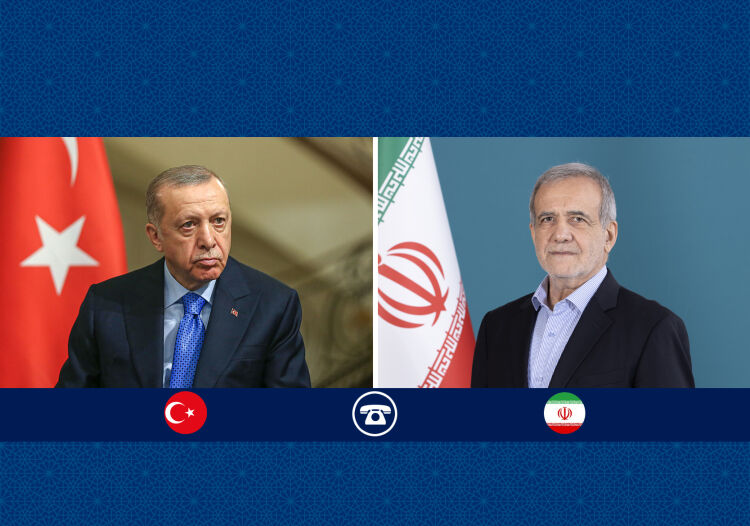
Similar Posts
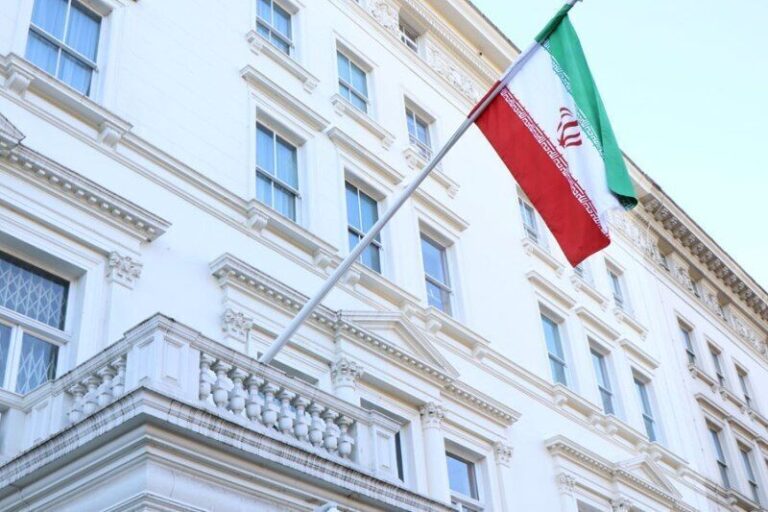
Iran’s UK Ambassador Sounds Alarm on Threat to Bilateral Relations: A Warning of Disruption
Iran’s ambassador to London, Ali Mousavi, expressed concerns about the recent arrests of Iranian nationals, suggesting they may be part of a false flag operation aimed at harming Iran-UK relations. During a meeting with British Minister of State for Security, Dan Jarvis, Mousavi called for the release of detained Iranian citizens linked to a terrorism investigation and urged transparency among UK lawmakers about the situation. The meeting highlighted the need for dialogue amid heightened tensions following the arrests, which included accusations of terrorism and collaboration with foreign intelligence. Both nations have summoned each other’s diplomats amid these strained relations.
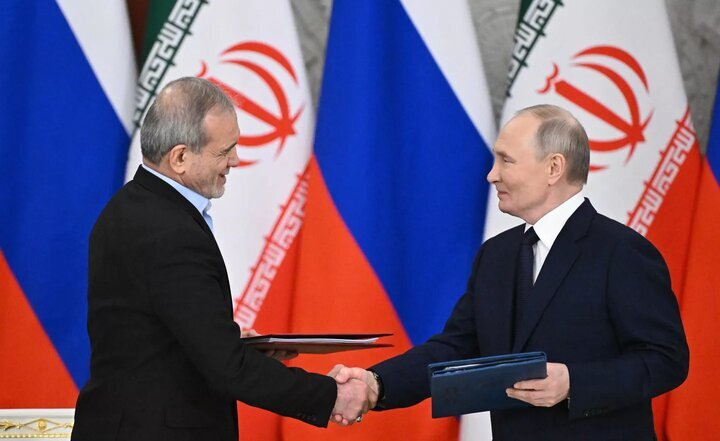
Unveiling the Arab Media’s Take on the Iran-Russia Strategic Partnership: Insights and Analysis
The Comprehensive Strategic Agreement signed by Iranian President Masoud Pezeshkian and Russian President during Pezeshkian’s visit to Moscow is seen as a pivotal development in strengthening Iran-Russia relations amid geopolitical shifts. Analysts view this agreement, coinciding with the inauguration of U.S. President Donald Trump, as a strategic move to bolster bilateral ties under increasing Western pressure. The agreement emphasizes military cooperation, economic collaboration, and political coordination, challenging U.S. influence and signaling independence for both nations. Despite concerns from the West, officials assert that their strengthened alliance is not aimed at any third country, potentially reshaping global power dynamics.
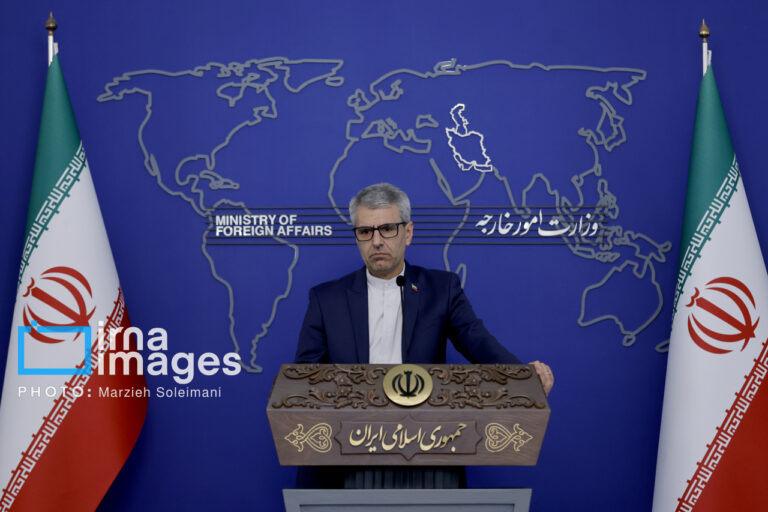
Iran’s Foreign Ministry: New Sanctions Challenge U.S. Negotiation Commitment
Recent U.S. sanctions against Iran have raised concerns about American credibility in nuclear negotiations. Iranian Foreign Ministry spokesperson Esmaeil Baqaei criticized the sanctions as unjust and indicative of U.S. bad faith, stating they undermine diplomatic efforts. He labeled the sanctions as arbitrary, illegal, and a violation of human rights, emphasizing that they contravene international law and the United Nations Charter. Baqaei argued that using sanctions as political pressure against developing nations violates free trade principles and the right to development. The U.S. Treasury recently sanctioned Iranian entrepreneur Asadollah Emamjomeh, reigniting debates on the effectiveness and morality of these measures.
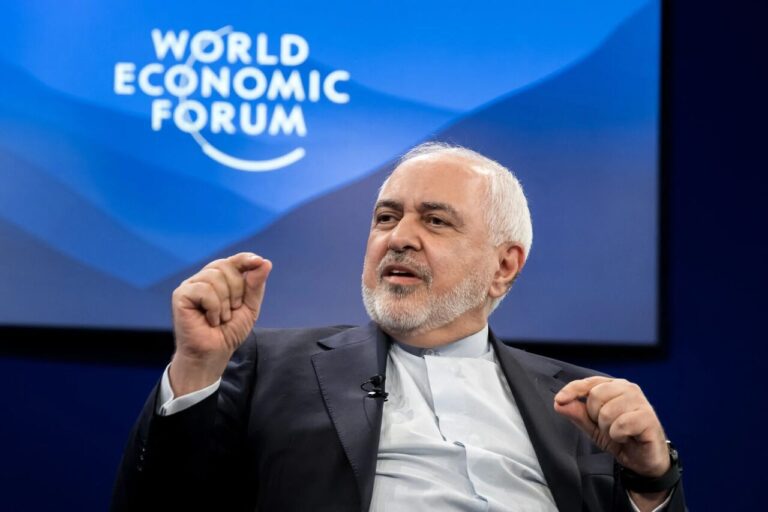
VP Zarif’s Davos Visit: No Agenda for Key Talks, Says Official
Iran’s deputy foreign minister, Vahid Jalalzadeh, clarified the role of Vice-President Mohammad-Javad Zarif in international negotiations, emphasizing that foreign policy is mainly determined by higher authorities. Responding to concerns about Zarif’s plans, Jalalzadeh confirmed that Zarif attended the Davos summit at the World Economic Forum’s invitation, representing Iran as an expert in international relations. His meetings were coordinated by the Iranian Embassy in Switzerland, and he was accompanied by Iran’s deputy foreign minister of economic diplomacy and the ambassador. This reflects Iran’s organized approach to foreign diplomacy, ensuring top officials handle significant policy matters.
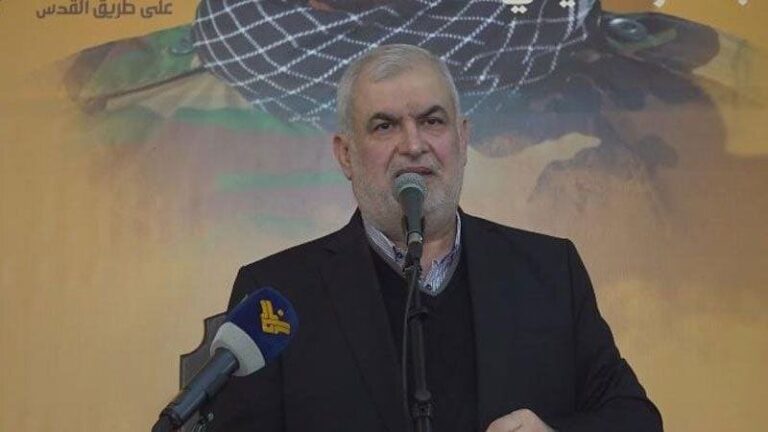
Lebanon Leaders Condemn US Envoy’s Interference Remarks Amid Rising Tensions
Morgan Ortagus, the US Deputy Envoy to the Middle East, asserted that Hezbollah should not be part of Lebanon’s future government, sparking backlash from Lebanese officials. During her meeting with President Joseph Aoun, she described Hezbollah’s inclusion as a “red line” for the US, prompting strong condemnation from Hezbollah representatives. Mohammad Raad, head of Hezbollah’s political wing, criticized Ortagus’s remarks as irresponsible and labeled Hezbollah an integral part of Lebanon’s political fabric. The US has been reportedly pressuring Lebanese leaders to limit Hezbollah’s influence, highlighting the ongoing struggle for power amid external pressures in Lebanon’s complex political landscape.
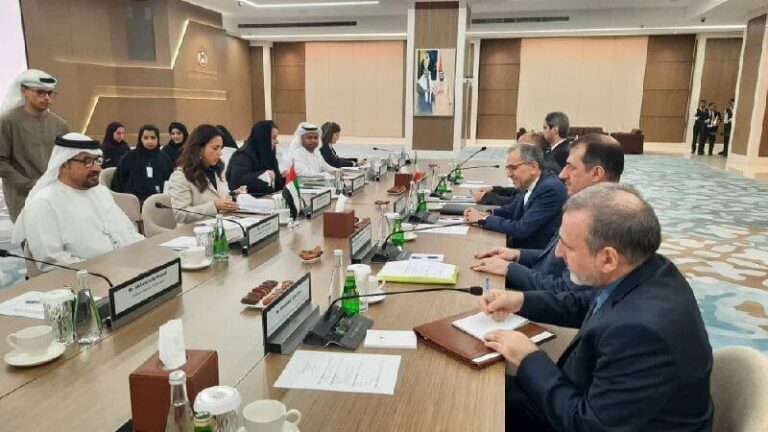
Iran Seeks Enhanced Cooperation with UAE, Says Deputy Foreign Minister
Recent talks between Iran and the UAE underscore Iran’s commitment to enhancing diplomatic ties with its neighbors. Deputy Foreign Minister Majid Takht-e-Ravanchi, co-chairing the Joint Iran-UAE Committee Meeting in Abu Dhabi, emphasized the importance of cooperation based on mutual interests. Key discussion points included prioritizing neighborly relations, strengthening collaboration, and the role of the joint committee in advancing bilateral relations. Both sides expressed hopes for quicker implementation of existing agreements and explored new areas for cooperation. The meeting highlights ongoing efforts by both nations to navigate regional dynamics and bolster their political and economic relations.